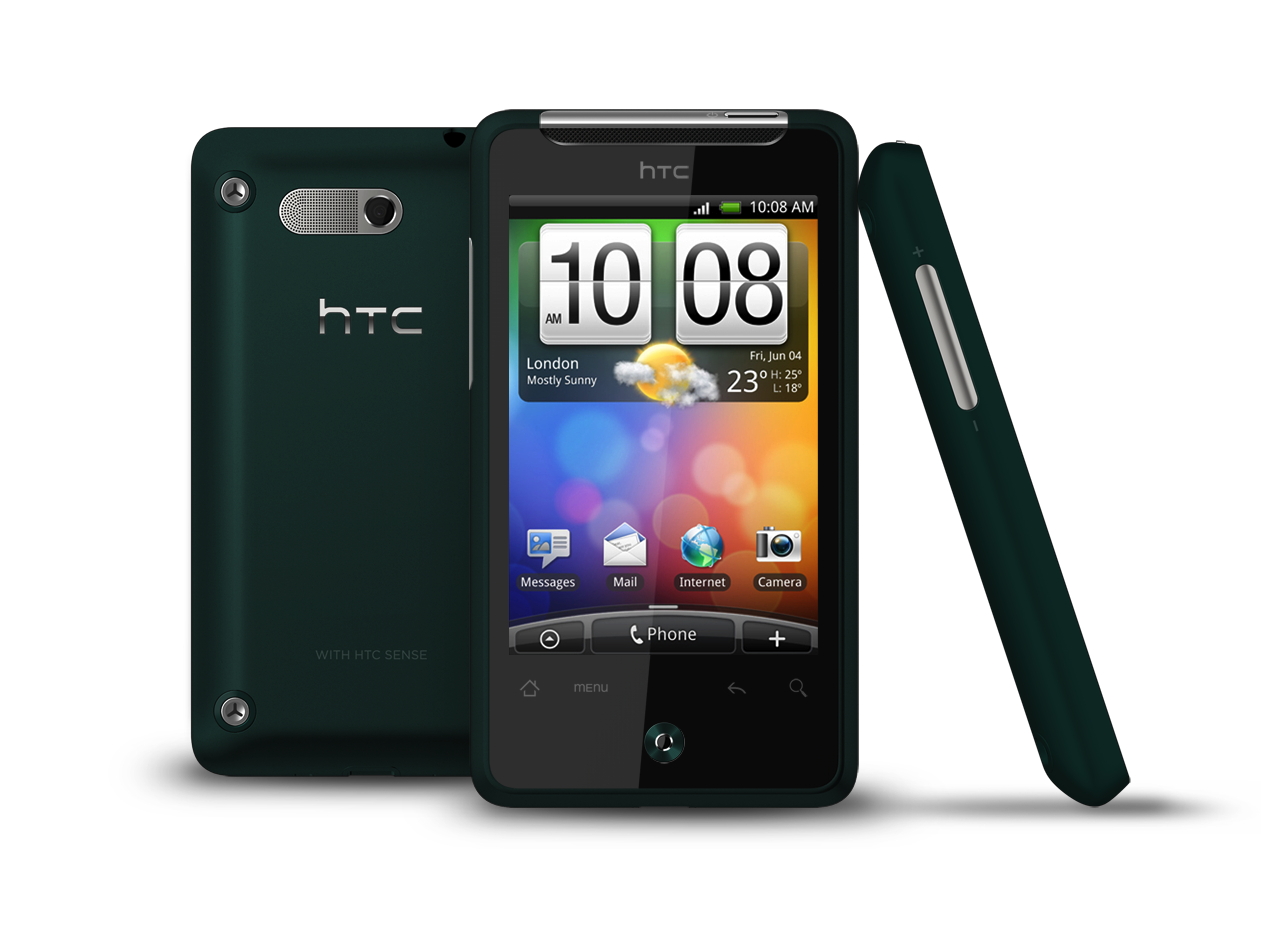TechRadar Verdict
A neat little phone, but too small and underpowered to threaten the big boys and will struggle against the forthcoming and cheaper Wildfire S
Pros
- +
Great HTC Sense-enriched core experience
- +
Good hardware design
- +
Intelligent mobile browsing
- +
Contacts well managed
- +
Easy to get online and synced up
Cons
- -
Flash for the web is a wash
- -
Battery life is less than stellar
- -
GPS is a battery killer
- -
Weaker processor than we'd like
- -
Lacks HD video and camera flash
Why you can trust TechRadar
The US's slimline, Android-running HTC Aria was due to arrive on UK and European shores back in November, albeit rebranded as the less-musical-sounding Gratia and boasting Android 2.2 (Froyo), rather than 2.1 (Eclair).
Now it's finally here and ready to carry the tune begun by the HTC Wildfire. In so doing, it will have to face off against rival fare such as Sony Ericsson's Xperia X10 Mini and the upcoming Samsung Galaxy Fit.
The family resemblance with HTC's HD Mini is clear in the Gratia's compact, 115g body, which comes packed with a five-megapixel camera, 600MHz processor, gorgeous 3.2-inch 320 x 480 touchscreen and Android 2.2 bearing the now-familiar HTC Sense UI.
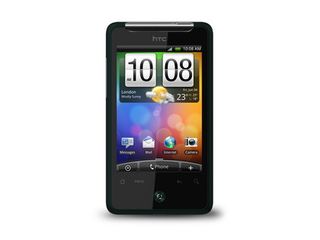
That aesthetic similarity is no bad thing, though, since both phones are pleasing enough on the eye. Here, the glossy black front plate and screen are on prominent display, encapsulated by a matte plastic outer shell that comes in a choice of three colours: white, emerald green and black.
The Gratia also features plenty of ways to get online, including Wi-Fi, 3G, GRPS and EDGE. This is bolstered with a selection of neat browsing tools, and a key weapon in the one-upmanship wars with Apple's iPhone: Flash support.
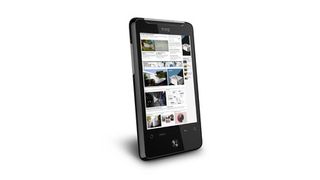
The box contains the essentials: a micro-USB cable, a pair of headphones with foam covers and clip, and a USB plug for charging from the mains. These were universally rendered in pretty, but impractical, white.
On the software side of things, there's a slew of apps and widgets to cover all your communication needs, and HTC is keen to emphasise that "it's about people". This notably shines through in a focus on social networking in the touted Friend Stream app, as well as contact-orientated widgets and groups.
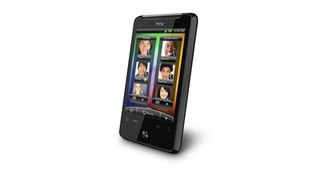
Meanwhile, business users are catered for with Exchange email support, the range of office software on the Android Marketplace, and Stocks widgets.
Prices for the Gratia on monthly contracts were unrevealed at the time of writing, but we're expecting this to fall in the mid-range for smartphones: somewhere around the £20-25 per month mark.
Alternatively, you can fork out around £300 to buy the handset outright. In this kind of price bracket, that 600MHz processor is looking a little sluggish, but Android 2.2's speed optimisations are on hand to balance it out to some extent. More on that later.
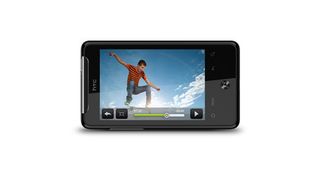
So if you want a veritable array of smartphone functionality in a pocket-friendly package, the Gratia seems to have a lot to offer. But can it really serve all those it aims to cater for, or has HTC overstretched and thus risked leaving no one gratified?

'I would revisit them, absolutely': Lee Child discusses future seasons of Reacher on Prime Video and why returning to the films as a TV series is a possibility
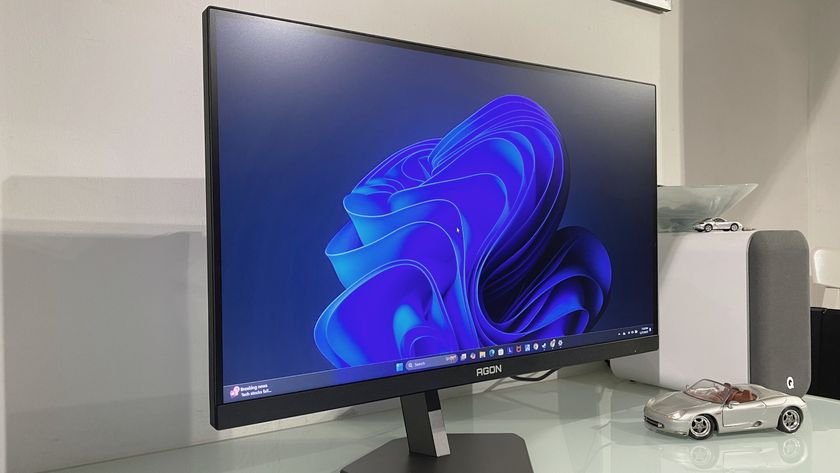
Windows 11 24H2 hasn’t raised the bar for the operating system’s CPU requirements, Microsoft clarifies
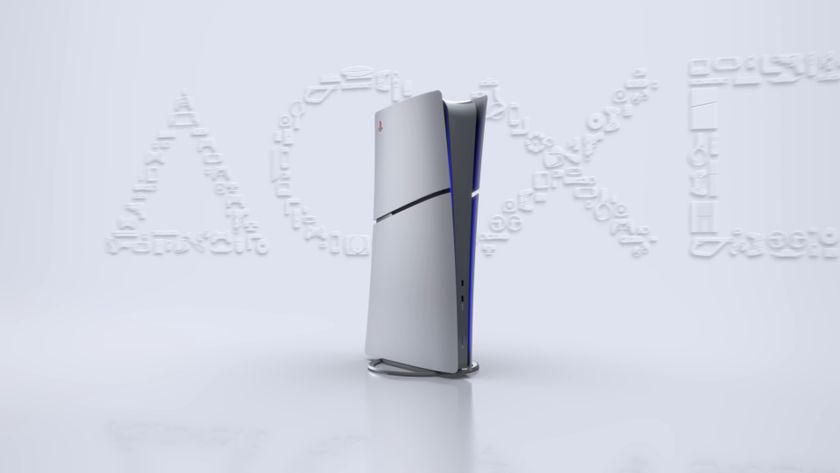
I am once again alerting you to a PS5 Slim 30th Anniversary restock text message that's doing the rounds - check your phones
Most Popular



